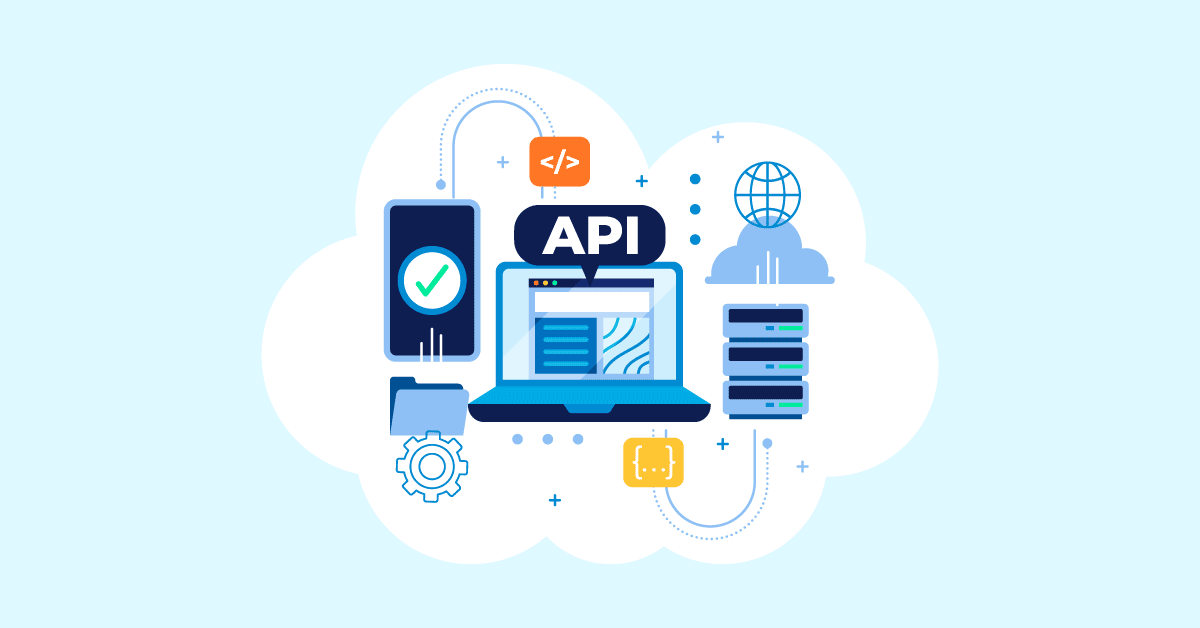Alice's Email Insights
Exploring the world of email communication and technology.
When APIs Collide: The Hilarious Misadventures of Integration
Discover the laugh-out-loud mishaps when APIs clash! Join us for a wild ride through integration gone wrong.
API Antics: Comedy in Code Integration
When it comes to API integration, the technical world often overlooks the inherent comedy that can arise from it. Think about the programmer who spends hours fine-tuning their code, only to realize they've mistakenly swapped two lines, resulting in their application displaying all errors in Comic Sans. Classic API antics not only entertain developers but also serve as cautionary tales: one small misstep can lead to unexpected (and often humorous) results. As noted by Smashing Magazine, these blunders remind us to infuse humor into our work, as laughter can be the best debugging tool.
Furthermore, comedy in code integration can extend beyond the lines of programming itself. Consider the many memes and jokes shared amongst developers about their experiences with APIs that don’t behave as documented. It’s a rite of passage to encounter a scenario where the API response is a jumbled mess, prompting the age-old question: 'Why is this happening to me?' As Dev.to aptly puts it, these moments of chaos can unify developers through shared laughter, turning every frustrating API encounter into a story worth sharing.

When Middleware Goes Wrong: Tales from the Integration Trenches
Middleware plays a crucial role in modern software architecture, acting as a bridge between disparate systems, applications, and data sources. However, when middleware is poorly designed or implemented, the consequences can be disastrous. Many organizations have shared tales of their struggles with integration woes—ranging from data loss to performance bottlenecks. For instance, a leading healthcare provider attempted to integrate their patient management system with an external billing platform. Unfortunately, their data integration process resulted in duplicated patient records and delays in billing, leading to a significant loss of revenue and patient trust.
Another cautionary tale involves a retail company that relied on middleware to facilitate real-time inventory updates across its e-commerce and brick-and-mortar stores. When a sudden spike in online orders occurred during a holiday sale, their middleware could not handle the volume of requests, causing a cascade of system failures. As a result, customers faced out-of-stock notifications despite items being available in-store. This experience highlights the importance of thorough testing and scalability considerations in integration. For further insights into avoiding issues with middleware, you can explore resources like TechTarget for expert solutions and best practices.
What Happens When APIs Don't Play Nice?
When APIs don't play nice, it can lead to a series of frustrating challenges for developers and users alike. Poorly designed or incompatible APIs can cause integration failures, leading to unexpected downtime for applications that rely on them. For instance, if a payment processing API is down or malfunctioning, e-commerce platforms might face a significant loss in sales and customer trust. To prevent such issues, developers should utilize well-documented APIs that adhere to industry standards. Resources like ProgrammableWeb offer directories of APIs that can help ensure compatibility and reliability.
Moreover, the consequences of APIs not functioning harmoniously extend beyond technical glitches. They can also impact the overall user experience. If an application relies on multiple APIs, and one of them experiences latency or errors, the end-user may encounter slow load times or incomplete data. This can lead to frustration and abandonment rates soaring. Addressing these issues requires comprehensive error handling and monitoring systems to detect problems early. For further reading on API management strategies, check out APIHub, which provides insights on maintaining optimal API performance.